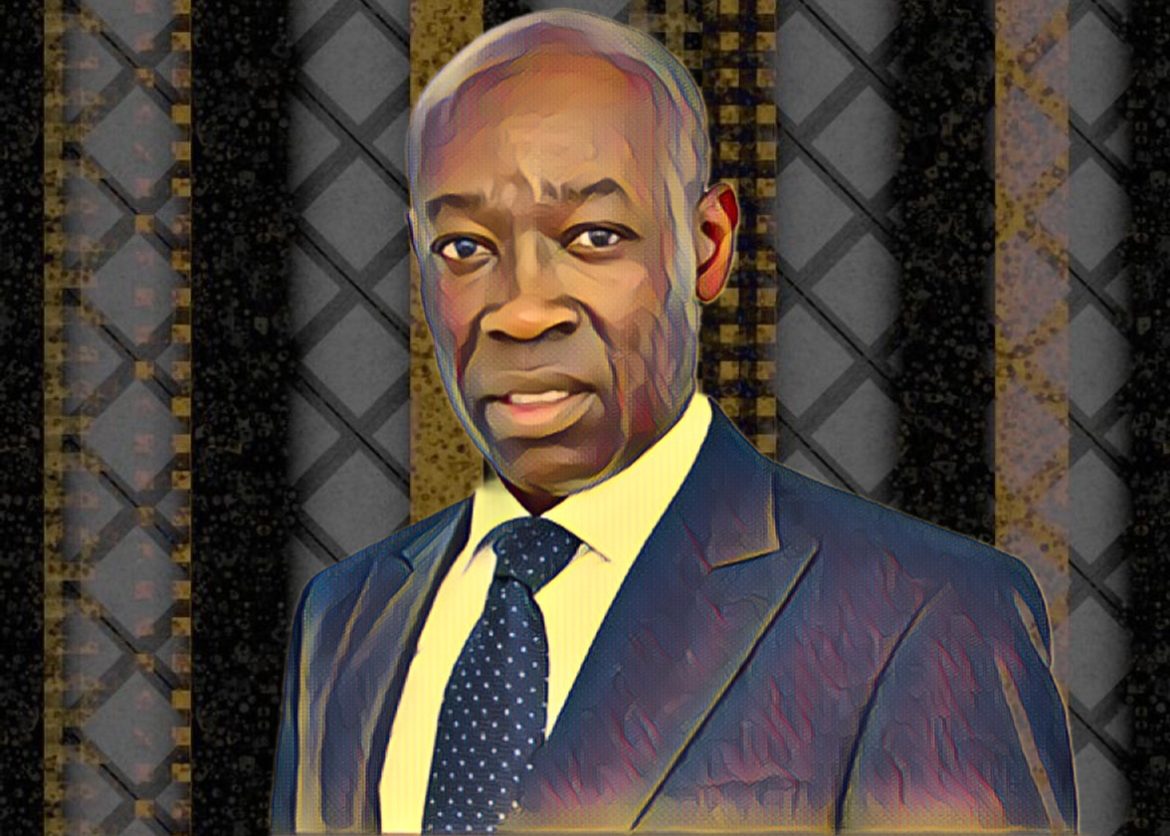ACCRA – Lawyer Thaddeus Sory has issued a legal challenge to the Chief Justice, asserting that directives given to the registrar regarding the scheduling of dates for cases before the Supreme Court are illegal. Sory’s bold stance highlights growing tensions within Ghana’s legal system and raises questions about the judiciary’s independence and adherence to due process. Sory’s objection to the Chief Justice’s directives underscores broader concerns about the rule of law and judicial oversight in Ghana. As a prominent legal practitioner, Sory’s critique carries weight and reflects a commitment to upholding constitutional principles and safeguarding the integrity of the legal profession. The controversy surrounding the Chief Justice’s directives has ignited debate among legal experts and civil society groups, with many expressing alarm over potential infringements on judicial autonomy and impartiality. The independence of the judiciary is a cornerstone of democratic governance, and any attempt to interfere with its functions undermines the rule of law and erodes public trust in the justice system. Sory’s legal challenge serves as a reminder of the importance of checks and balances in a democratic society. Upholding the separation of powers and respecting the authority of the judiciary is essential for safeguarding fundamental rights and ensuring accountability within government institutions. While the outcome of Sory’s legal challenge remains uncertain, his actions have sparked a necessary conversation about the state of the judiciary and the need for transparency and accountability in its operations. Ghana’s legal community must remain vigilant in defending the principles of justice and upholding the rule of law, even in the face of challenges and controversies. Ultimately, the resolution of this legal dispute will have far-reaching implications for Ghana’s democratic governance and the integrity of its legal system. By upholding the principles of independence, impartiality, and transparency, Ghana can strengthen its democracy and ensure equal access to justice for all its citizens.
Source: GhanaWeb





2 comments
Your point of view caught my eye and was very interesting. Thanks. I have a question for you. https://www.binance.info/en-IN/register?ref=UM6SMJM3
I don’t think the title of your article matches the content lol. Just kidding, mainly because I had some doubts after reading the article.